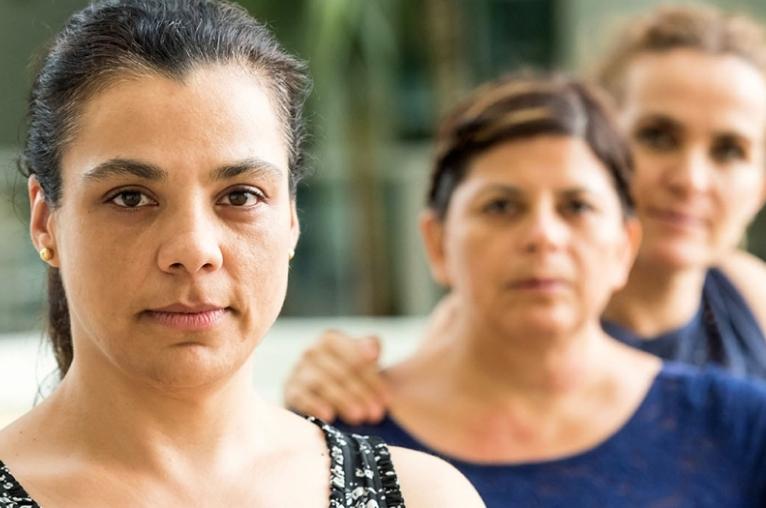
LIVINGSTON, NJ — A national clinical trial is taking place to study a new therapy that could help people with epilepsy, and a Livingston-based medical facility is taking part in it.
Aliza Alter, a neurologist with the Institute of Neurology in Livingston, is a principal investigator in the trial, which is taking place at more than 95 sites across the U.S.
In recognition of Epilepsy Awareness Month, the team recently put out a recruitment call for the study, seeking people aged 18 to 75 who have focal onset epilepsy. There is no cost to participate and insurance is not required.
For more information about the trial or to find a study site, visit epilepsyresearchstudy.com.
Epilepsy is one of the most common neurological diseases globally, affecting approximately 1.5 million people in the US and 50 million worldwide. Nearly 40 percent of people with epilepsy are drug-resistant, underscoring a significant need for new treatment options.
Besides affecting quality of life, people with epilepsy tend to have more physical problems (such as fractures and bruising from injuries related to seizures), as well as higher rates of psychological conditions, including anxiety and depression, researchers said.
The trial that is taking place will study a new therapy that can hopefully bridge this gap, researchers added:
“BHV-7000 is a novel anti-seizure investigational treatment in that it works on a part of the nerve cells in the brain called potassium channels, which help balance the electrical activity in the brain. Activating potassium channels provides a therapeutic approach that is designed to stabilize overactive brain activity responsible for seizures and may be better tolerated by people with epilepsy. In a Phase 1 study in healthy volunteers, BHV-7000 was found to be well-tolerated with minimal nervous system side effects such as sleepiness typically seen in anti-seizure medications.”
What are scientists trying to learn? Here’s what to know about the Phase 2/3 national epilepsy clinical research trial, which has been dubbed “Rise”:
“The Rise 1 and 2 clinical trials will evaluate the safety, efficacy, and tolerability of BHV-7000 in patients with focal onset epilepsy. The randomized, double-blind placebo-controlled Phase 2/3 study is recruiting people aged 18-75 who have been diagnosed with focal onset epilepsy for at least one year, have at least four or more observable focal seizures every 28 days, are considered to have drug resistant epilepsy, and are currently being treated with a stable dose of at least one-to-three anti-seizure medications. People enrolled in the study will take BHV-7000 or placebo once daily. Participation in the Rise 1 and 2 trials will last 5.5 months with six visits and 4.5 months with five visits, respectively. The primary objective of the study is to determine the change from baseline in 28-day average seizure frequency.”
“One of the most pressing challenges we face within the realm of epilepsy treatment is drug resistance,” Alter explained.
“For a significant portion of individuals diagnosed with epilepsy, available treatment options often prove inadequate in controlling their seizures and present significant side effects,” Alter said. “The Rise clinical trials are studying BHV-7000, which has been shown in early research to be successful in controlling seizures with a low incidence of side effects typically seen in traditional forms of treatment.”
“We are hopeful for a positive outcome of these trials and believe they represent a beacon of progress towards improving the quality of life for those affected by epilepsy,” Alter added.
Criteria to qualify for the trial includes:
- 18 to 75 years of age
- Have a diagnosis of focal epilepsy for at least one year
- Have at least four or more focal seizures monthly
- Have been unsuccessful with at least two anti-seizure medications and currently on a stable dose of at least one and up to three anti-seizure treatments
Send local news tips and correction requests to eric.kiefer@patch.com. Learn more about advertising on Patch here. Find out how to post announcements or events to your local Patch site. Don’t forget to visit the Patch Livingston Facebook page.

